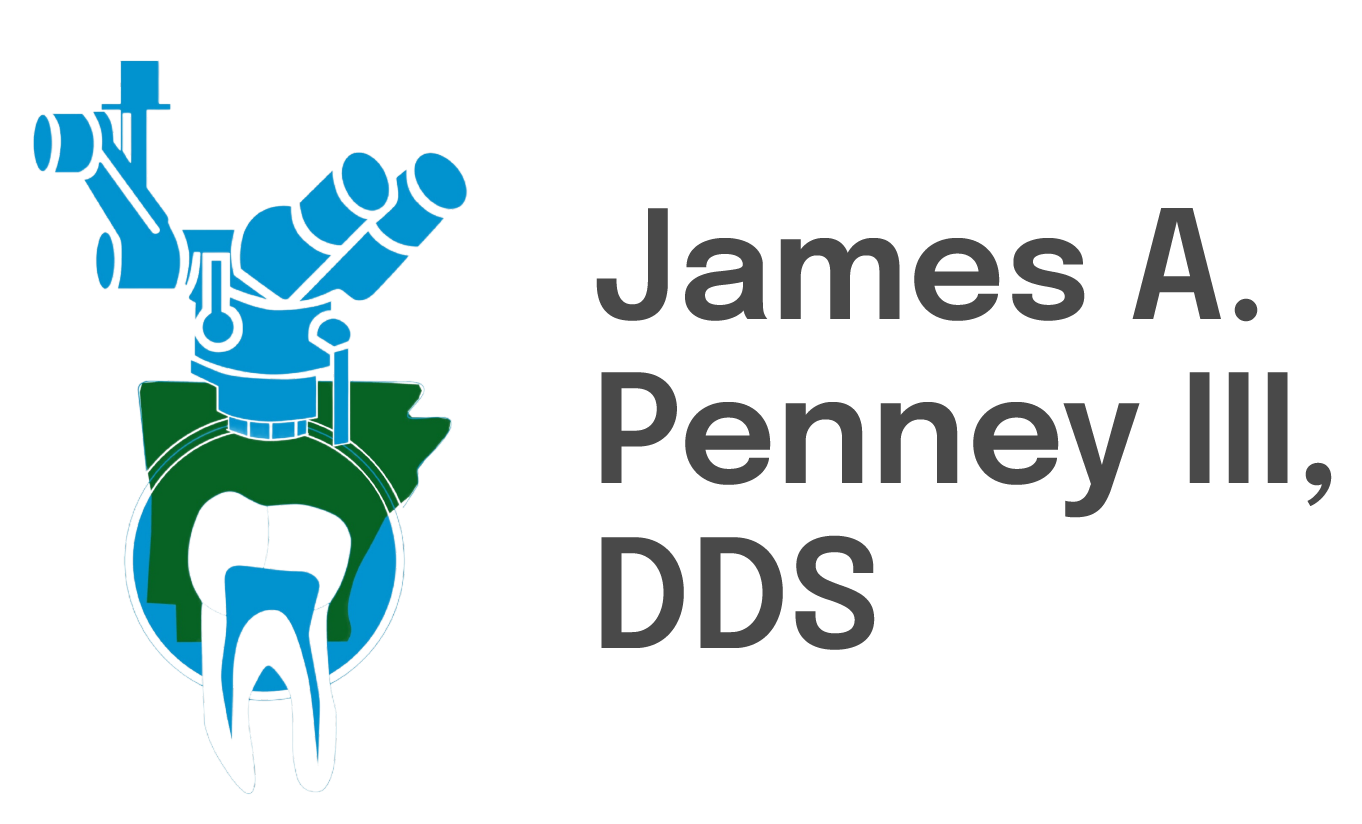Dealing with a cracked tooth might seem like a small issue at first, but without prompt treatment, it can quickly escalate into much bigger dental problems. Cracks can invite infection, weaken your tooth structure, and even lead to tooth loss. Knowing the signs and seeking professional help early can make all the difference in preserving your smile and protecting your overall health. If you suspect you may have a cracked tooth, don’t wait – early treatment is key!
At James A. Penney III, DDS in Little Rock, Arkansas, we specialize in comprehensive endodontic care, including expert treatment for cracked teeth. Contact us at (501) 227-7668 to schedule your consultation today!
Why Cracked Teeth Should Never Be Ignored
Cracked teeth can often seem minor, especially if there is little to no pain initially. However, even small cracks weaken the tooth’s structure and create openings where bacteria can enter. Over time, this can result in infections, severe decay, and even complete tooth loss if not addressed promptly with professional treatment.
Immediate cracked teeth treatment is critical to:
- Prevent infection from spreading
- Save the natural tooth
- Avoid costly and complex procedures later
- Maintain your overall over health
Common Causes of Cracked Teeth
Understanding what causes cracked teeth can help you avoid situations that put your dental health at risk. Some of the most common causes include:
- Biting hard foods: Chewing ice, hard candies, or unpopped popcorn kernels can crack teeth.
- Trauma: A blow to the face from a fall, accident, or sports injury can result in fractures.
- Grinding (bruxism): Nighttime grinding or clenching places excessive pressure on teeth.
- Large fillings: Restorations that weaken the tooth structure can make cracks more likely.
- Age: Teeth naturally weaken with age, increasing susceptibility to cracks.
Taking preventive steps, like wearing a mouthguard during sports or treating bruxism, can go a long way in protecting your smile.
How Cracked Teeth Progress to Bigger Dental Problems
If cracked teeth are left untreated, the consequences can become severe. Here is how a seemingly small crack can spiral into a major dental issue:
Bacterial Infiltration and Infection
Cracks expose the inner parts of the tooth – such as dentin and pulp – to bacteria. This can lead to infection, abscesses, and even bone loss around the affected tooth.
Cracked teeth treatment often involves root canal therapy if the pulp becomes infected, emphasizing why early diagnosis is so important.
Structural Weakening and Fracture
Once a tooth is cracked, it is compromised. Biting or chewing can worsen the crack, eventually splitting the tooth. In some cases, the fracture can extend below the gum line, making the tooth non-restorable and requiring extraction.
Tooth Loss and Bone Deterioration
Infections stemming from untreated cracks can eventually destroy the supporting bone structure. Losing a tooth not only impacts your smile but can also affect chewing, speech, and cause neighboring teeth to shift.
Signs You Might Need Cracked Tooth Treatment
Catching a cracked tooth early gives you the best chance of saving it. Here are common symptoms to watch for:
- Pain when chewing or biting, especially when releasing pressure
- Sensitivity to heat, cold, or sweetness
- Swelling around the infected tooth
- Discomfort that comes and goes
- Visible lines or cracks on the tooth surface
However, not all cracked teeth cause symptoms. That is why routine dental exams are so important – your dentist can detect issues you might not even realize you have.
What Cracked Tooth Treatment Involves
At James A. Penney III, DDS, we provide tailored cracked teeth treatment based on the severity and location of the crack. Common treatment options include:
Dental Bonding
For minor cracks, composite resin can fill and seal the crack, restoring the tooth’s function and appearance.
Dental Crowns
If the crack is more significant, a crown may be necessary to stabilize and protect the tooth from further damage.
Root Canal Therapy
When the crack extends into the pulp, root canal therapy is often required to remove infected tissue, clean the tooth’s interior, and seal it.
Tooth Extraction
In cases where the crack is too severe and the tooth cannot be saved, extraction may be necessary, followed by a dental implant or bridge to restore function.
How to Prevent Cracked Teeth
While not all cracks are preventable, adopting healthy dental habits can significantly lower your risk:
- Avoid chewing hard foods and objects
- Wear a nightguard if you grind your teeth
- Protect your teeth during sports with a mouthguard
- Don’t use your teeth as tools (e.g., opening packages)
- Maintain regular dental checkups to catch issues early
Frequently Asked Questions: Cracked Teeth Treatment
1. Can a cracked tooth heal on its own?
No, once a tooth is cracked, it will not heal naturally. Professional treatment is necessary to prevent further damage or infection.
2. Is cracked teeth treatment painful?
Treatment options like bonding, crowns, and root canals are performed with anesthesia to ensure patient comfort. Delaying treatment can result in much more pain down the road.
3. How do I know if I need a root canal for a cracked tooth?
If the crack reaches the pulp or causes infection, root canal therapy is typically required. Only a dental evaluation can determine the best course of action.
Trust the Experts for Cracked Teeth Treatment in Little Rock, Arkansas
When it comes to protecting your smile, early treatment for cracked teeth is essential. Trust the experience and expertise of Dr. James A. Penney III, DDS, to provide the compassionate, high-quality care you deserve.
Located conveniently in Little Rock, Arkansas, we offer a full range of endodontic services, including cracked teeth treatment, root canal therapy, endodontic treatment, apicoectomy, and treatment for traumatic injuries.
Our office is open Monday through Thursday from 7:30 AM to 4:30 PM, making it easy to fit your appointment into your schedule. Call us today at (501) 227-7668 to schedule a consultation and protect your dental health for years to come.
